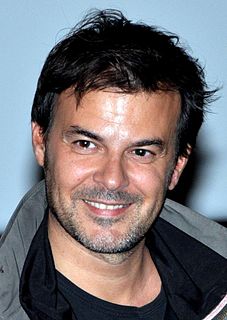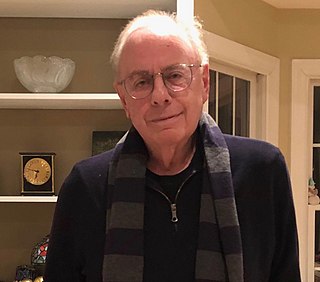A Quote by David Elkind
We see these adolescents mourning for a lost childhood.
Quote Topics
Related Quotes
To me, the hope lies in adults forgetting about their retirement and turning toward the adolescents and helping pull the adolescents over that mysterious line drawn on the ground into adulthood. If we don't do that, the adolescents are going to stay exactly where they are for the next 30 or 40 years.
The achievement of freedom is hardly possible without the felt mourning. This ability to mourn, i.e, to give up the illusion of a happy childhood, can restore vitality and creativity if a person is able to experience that he was never loved as a child for what he was, but for his achievements, success and good qualities. And that he sacrificed his childhood for this love, this will shake him very deeply.
Adolescents' immature thinking makes it difficult for them to process the divorce. They tend to see things in black-and-white terms and have trouble putting events into perspective. They are absolute in their judgments and expect perfection in parents. They are likely to be self-conscious about their parent's failures and critical of their every move. They have the expectations that parents will keep them safe and happy and are shocked by the broken covenant. Adolescents are unforgiving.
Why do children want to grow up? Because they experience their lives as constrained by immaturity and perceive adulthood as a condition of greater freedom and opportunity. But what is there today, in America, that very poor and very rich adolescents want to do but cannot do? Not much: they can do drugs, have sex, make babies, and get money (from their parents, crime, or the State). For such adolescents, adulthood becomes synonymous with responsibility rather than liberty. Is it any surprise that they remain adolescents?






































